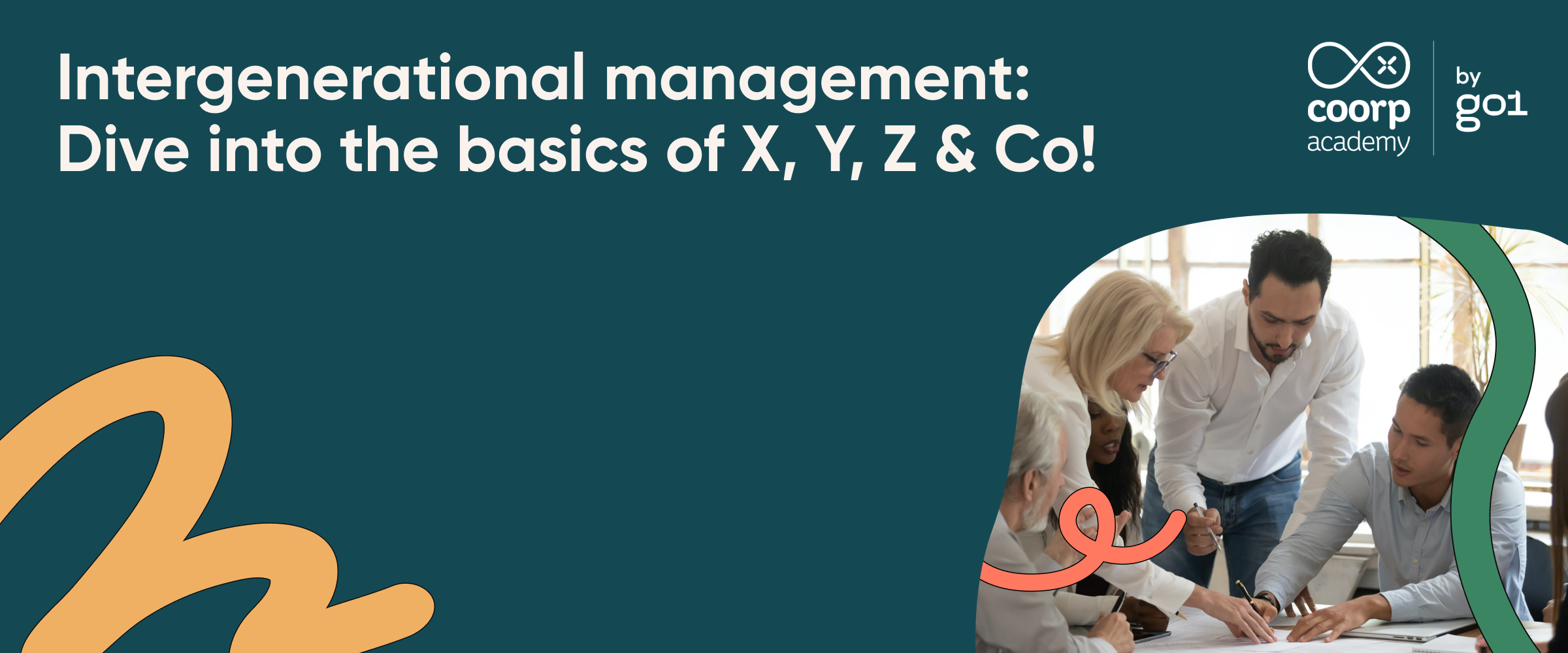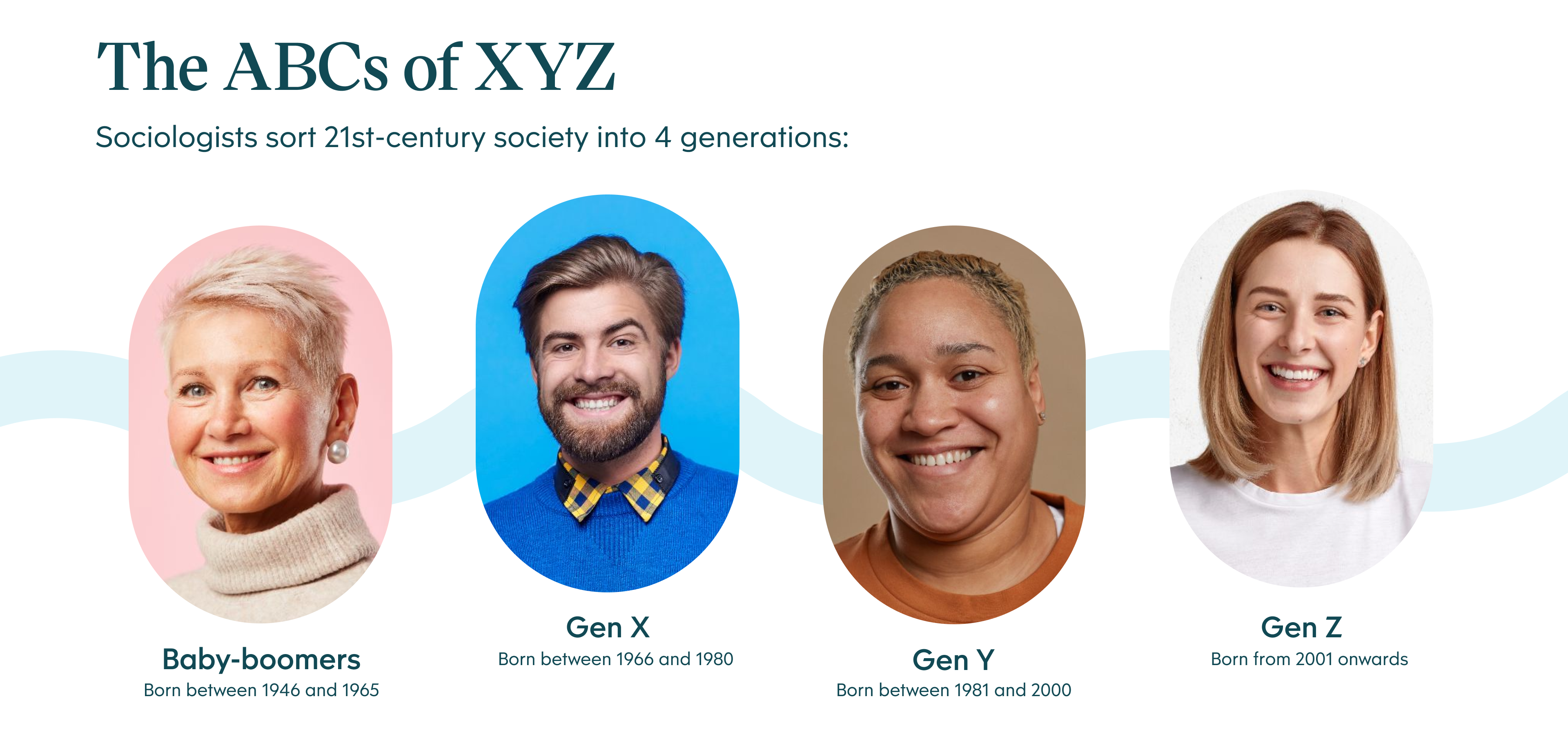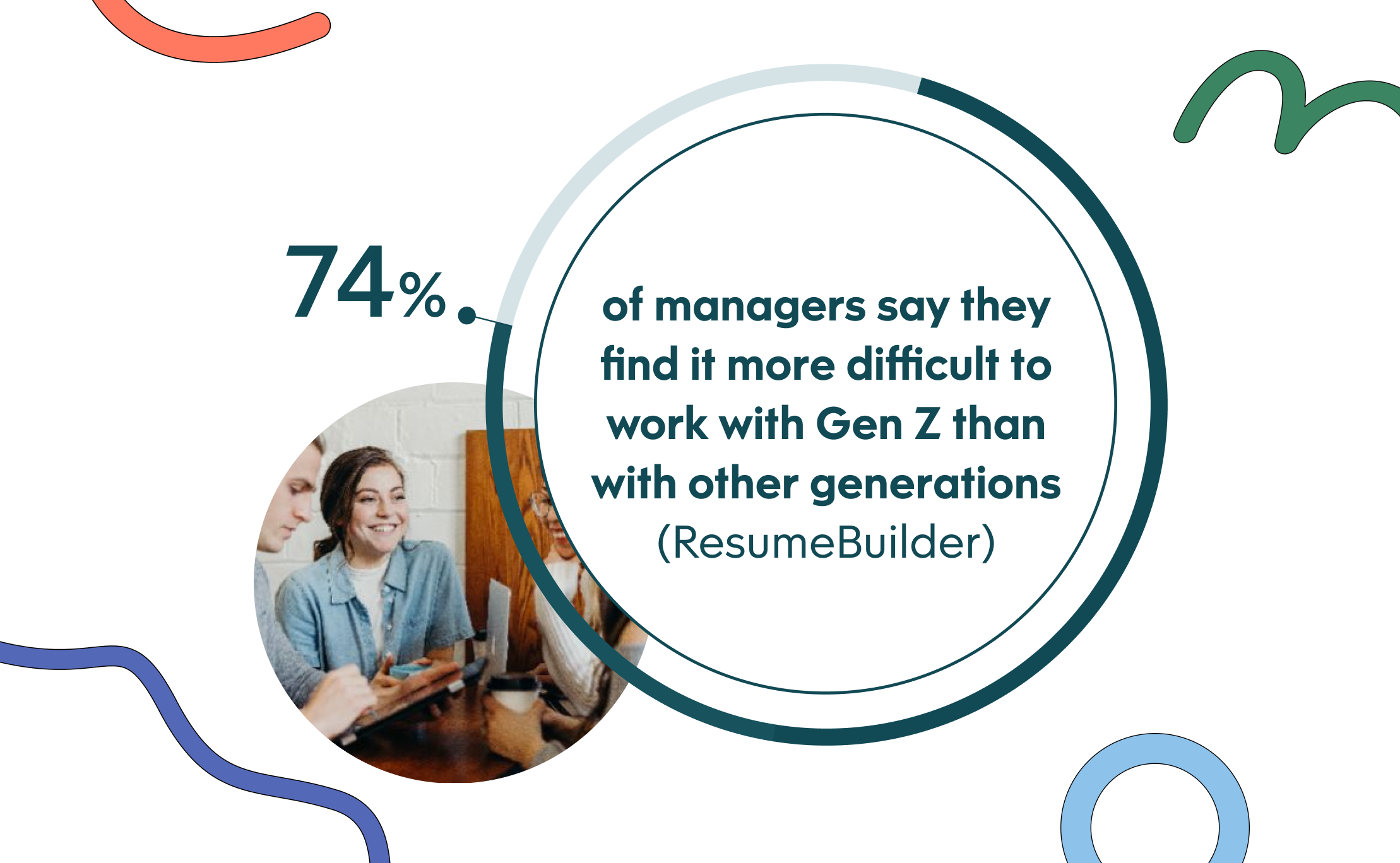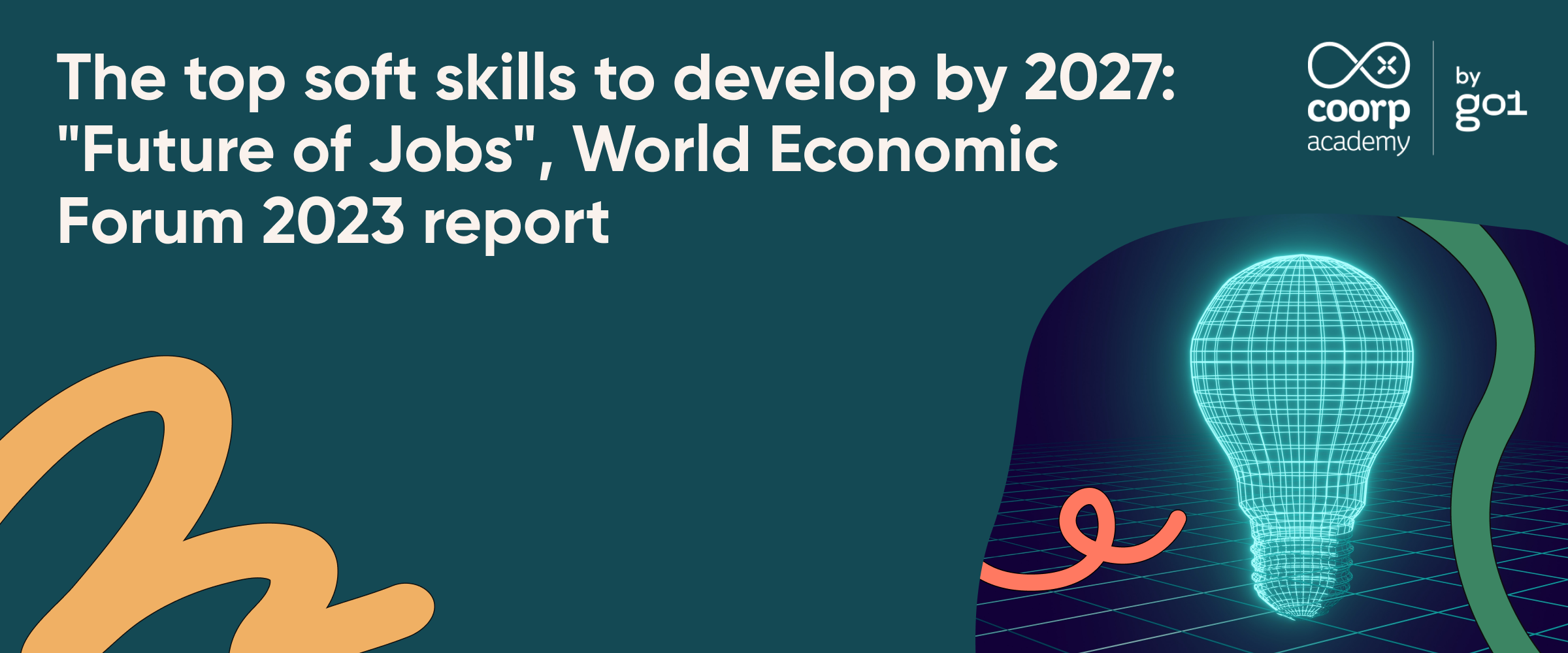Intergenerational management: Dive into the basics of X, Y, Z & Co!
Learning Innovation

“Things were better before”
Every generation may tend to think so… and rightly so, since it’s easier to collaborate with people of the same age as ourselves. We don’t have the same aspirations or day-to-day needs as those who have more or less professional experience than we do. Our ebook “X, Y, Z & Co: A Practical Guide to Managing All Generations” is here to enlighten you about this phenomenon and to convince you to work with intergenerational teams, which are the most effective at work.
In this ebook, we explore the differences that characterize each generation at work, the better to demystify preconceived ideas and discover the commonalities attributed to them. But that’s not all! We also give you practical advice on how to meet the challenges of intergenerational management and find the keys to motivation for each group. In short, the ABCs of X, Y, Z and Co!

There’s more to the world of work than philosophy, but we’d like to give you a minute’s thought. According to André Comte-Sponville, successful management depends on employees enjoying their work. Today, the question of the meaning of work is back with a vengeance: why do we work? Everyone answers this question in their own way, with varying degrees of importance. Different generations, shaped by distinct and constantly evolving eras, approach work in different ways. Whereas Baby Boomers and Generation X saw the company as an extension of themselves, Generations Y and Z see work first and foremost as a means of personal fulfillment. And this shift in perception is at the heart of the matter, because everyone could answer the question posed above in a different way.
We recently watched the WeCrashed series, which tells the story of Adam Neumann, the charismatic founder of WeWork (a controversial and topical venture). He asserted that tomorrow’s employees want to “People want to make a life, not a living”. We can’t argue with him when we see the proliferation of coworking spaces and ultra-cool startup offices, with their table soccer games and after-work parties. Today’s company has become a real place to live, where future generations want above all to feel good and fulfilled. The relationship with work has shifted from a purely professional one to a more affective one, bringing with it new expectations on the part of employees and requiring adapted management.
This new affective paradigm of work requires a change of mentality on the part of managers. They must take on the role of coach, showing empathy and inspiration, and providing regular feedback. The traditional relationship between manager and subordinate is gradually giving way to a balanced exchange. To win the loyalty of their teams, managers need to be constantly listening to their employees. The master-pupil relationship is gradually giving way to a win-win one, and this is leading to a reorganization of hierarchical relationships.
So how do you meet the challenge of intergenerational management? First of all, you need to be flexible and adaptable. Each generation has its own preferences and needs, so be prepared to adapt. Find out what your employees’ needs and expectations are, and try to meet them by adapting your posture.

Managing teams is always a continuous process of adaptation and learning, and even more so when you have to manage employees with different motivating factors. Stay tuned and open to change!
The first step? We strongly advise you to gain a better understanding of the specificities of each one and discover all our tips for developing intergenerational management skills by downloading our ebook “X, Y, Z & Co: A Practical Guide to Managing All Generations“.


